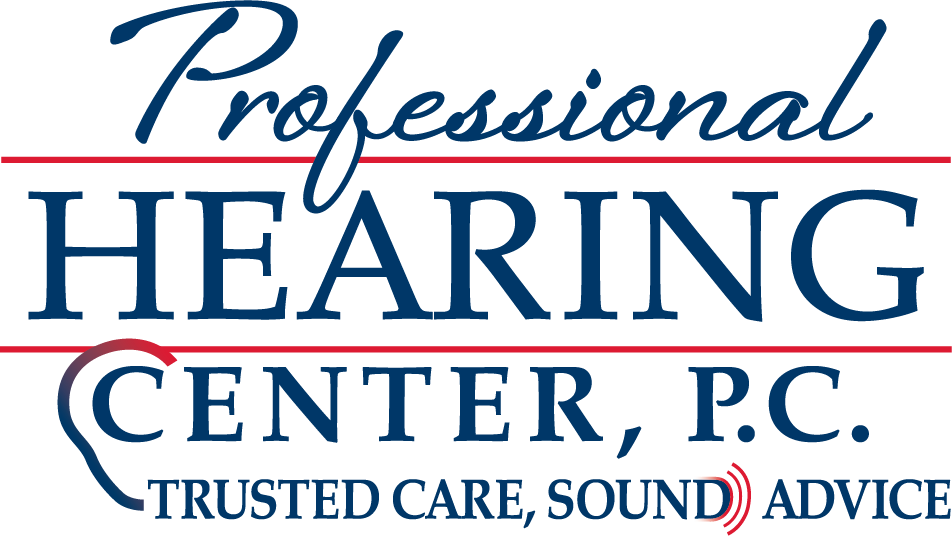
If you or someone you know has mild hearing loss, it is crucial that you educate yourself about it as much as you can. This is to help you better manage your condition and avoid making significant decisions based on inaccurate information. When you’re dealing with hearing loss, ignore the following myths.
Having moderate hearing loss isn’t a big deal
While there are numerous measures you can take to tackle your hearing loss, it would be unwise to neglect the effects it can have. The quality of your life can be affected by even moderate hearing loss. Being unable to hear as clearly as you used to can impact how well you communicate with other people. This can lead to numerous psychological effects, such as social isolation, frustration, and depression.
Only particular individuals are susceptible to hearing loss
Many people presume that only the elderly can experience hearing loss. This couldn’t be further from being true. Many people are born with hearing loss, while others might lose their hearing because of an illness or traumatic injury at some point in life. Hearing loss can occur at any age.
You can hear instantly with a hearing aid
In reality, it might take some time for your hearing aid to offer the level of hearing that you need. This is because you might require a particular type of hearing aid, which will typically have to be fine-tuned by a hearing aid professional during multiple office visits to support your unique hearing loss situation. It also takes time for your brain to readjust to hearing again.
Hearing loss can only be treated with surgery
For a small number of adults who cope with hearing loss, surgery will be the optimum course of action. The majority of moderate hearing loss cases are treated with the proper fitting of a hearing aid.
You only get hearing loss on one side
It is not unusual for hearing loss to impact both ears. Your degree of hearing loss may be more extreme in one ear giving you the impression that you’re losing your hearing only on that side. But the extent of hearing loss is often the same in both ears. Most people who need hearing aids, in fact, need them in both ears.
Don’t neglect getting the right treatment because you have inaccurate information. Come in and see us so we can fit you with the best hearing aid solution for your unique hearing situation.
